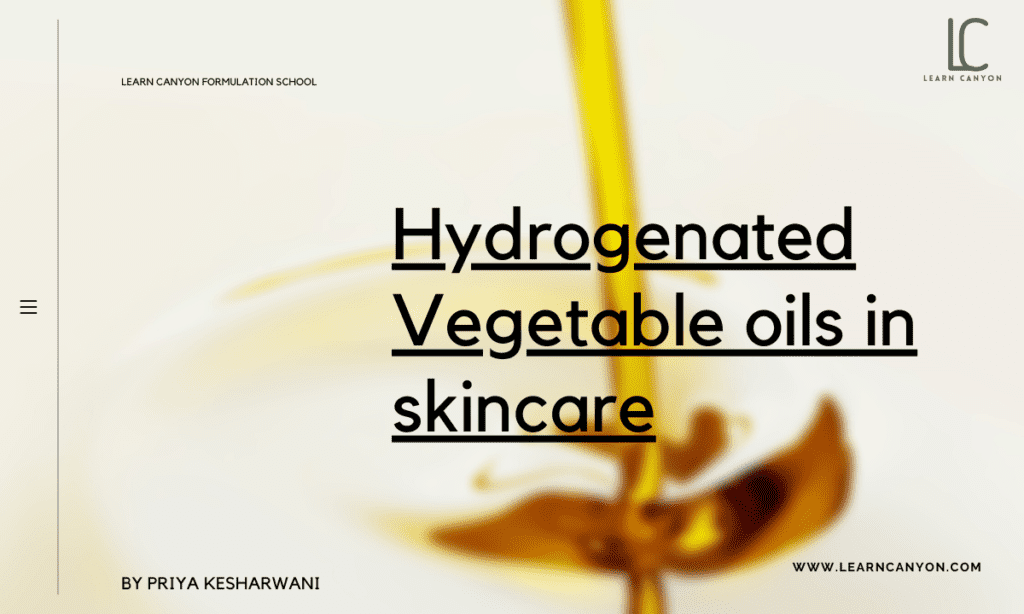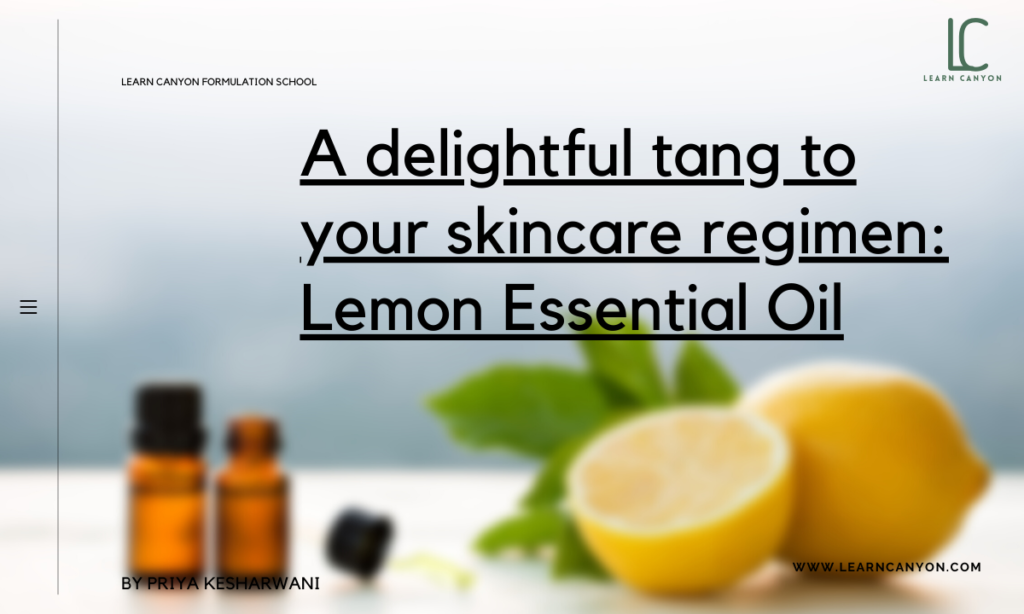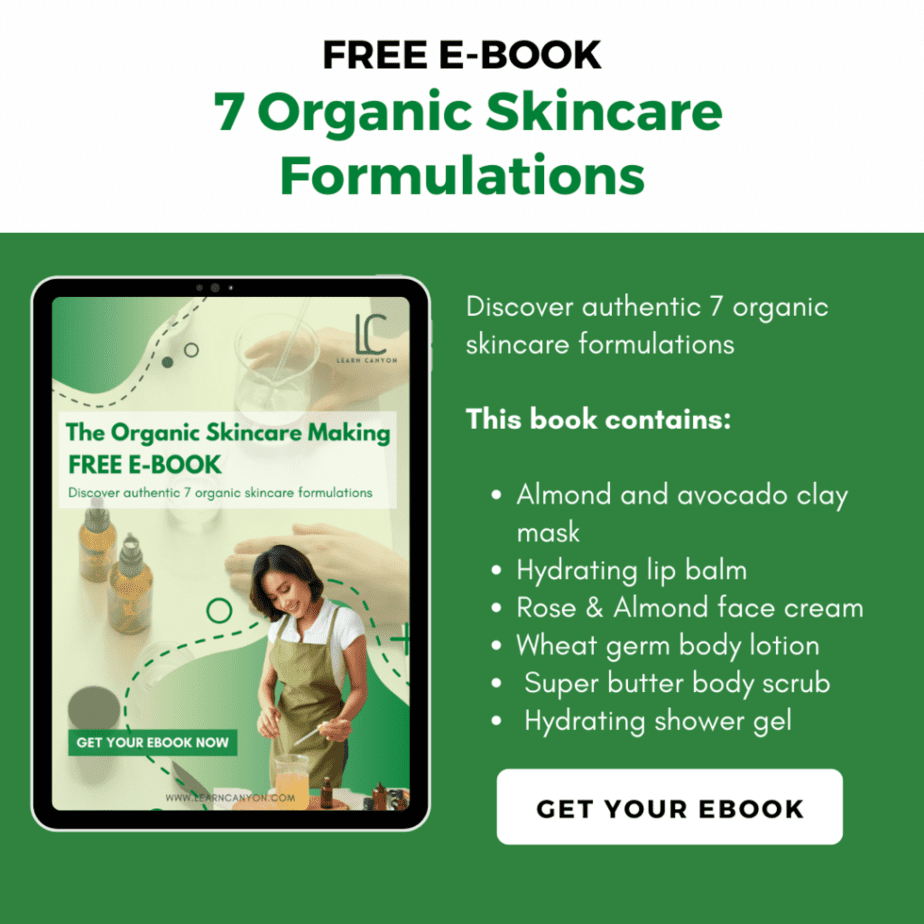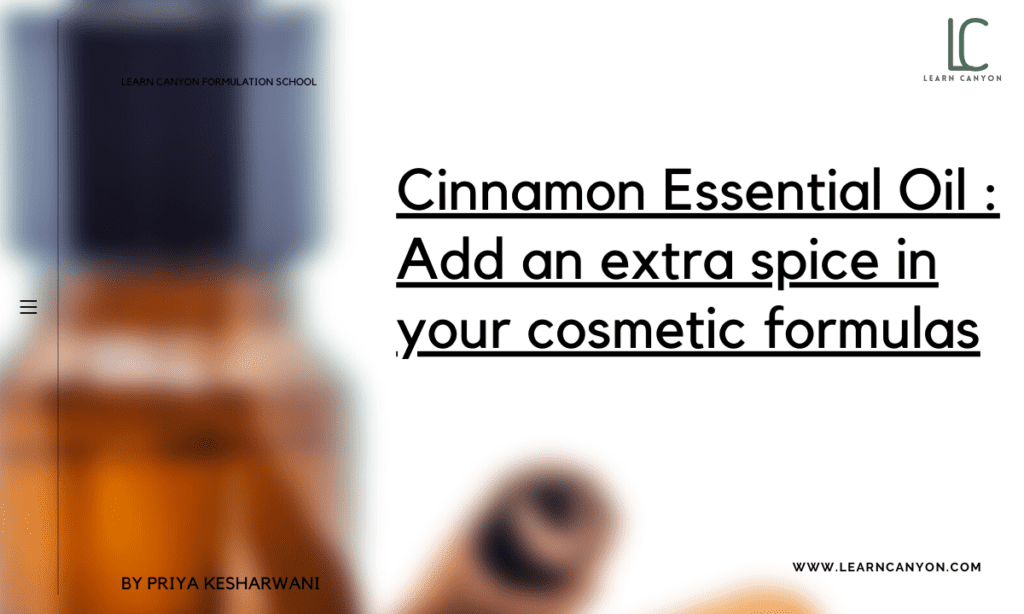
The Incredible Benefits of Rosehip Oil for Skin Care Formulas
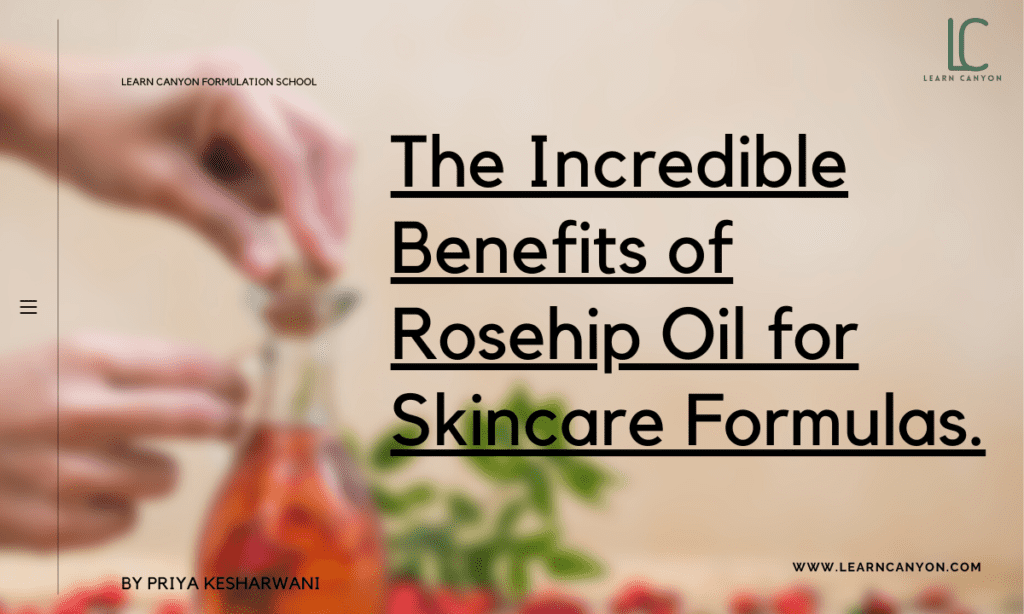
Rosehip Oil for Skin Care Formulas
While many of us consider coconut oil to be the king of all natural oils, there may be a competitor. If you’re unfamiliar with rosehip oil (and its many under-the-radar skin advantages), rest assured that it tastes as good as it sounds. Rosehip oil for skin, also known as rosehip seed oil, is a product you may have heard of but never really comprehended.
Since the time of the ancient Egyptians, rosehip oil has been used as part of a regular, natural skin care routine, and it contains almost every nourishing, anti-aging skin care factor you can think of. It’s one of those beauty products that’s been right under your nose for years, and once you hear about it, you’ll want to try it.
What Is Rosehip Oil?
Rosehip Oil is derived from the rose bush’s seeds. It has a bland aroma and a light gold-honey to orange/red colour. Linoleic and Linolenic acids, in particular, are abundant in this oil. The majority of them come from the southern Andes, although they can also be found in other parts of the world.
Refined oil has been subjected to mechanical processes in order to remove undesirable odours and colours, implying that it is devoid of essential nutrients.
Rosehip oil that has not been refined should be cold-pressed, pure, and natural.
| What is it? | Rosehip seed oil is extracted from the seeds of the rosehip plant (Rosa Canina). It's also known as Dog Rose. Linoleic and -linolenic acids make up the majority of it. Refined oil has been subjected to mechanical processes in order to remove undesirable odours and colours, implying that it is devoid of essential nutrients. Rosehip oil that has not been refined should be cold-pressed, pure, and natural |
|---|---|
| INCI | Rosa Canina Fruit Oil |
| Appearance | Rosehip oil that has been refined is a pale yellow liquid. Rosehip oil that has been cold-pressed and unrefined has a significantly brighter orange-yellow colour. |
| Texture | Thin and smooth. |
| Recommended Usage | 0-100% |
| Solubility | Oil (Cold pressed) |
| Melting point | NA |
| Boiling point | 100 °C (>212 °F) |
| pH | 5.1 |
| Aroma | Rosehip oil that has been refined has a faint greasy aroma that isn't overpowering. The aroma of unrefined rosehip oil is similar to that of citrus iced tea. It doesn't smell like flowers at all. |
| Why do we include it in formulations? | Rosehip oil is a luxurious emollient that absorbs quickly and is ideal for lightening oil mixtures. |
| How to work with it? | Rosehip oil should be included in the oil phases of your formulation. If at all possible, avoid heating it. |
| Applications | Rosehip oil is high in vital fatty acids and antioxidants, which help the skin regenerate tissue and cells |
| Absorption rate | Rosehip oil is a drying oil that absorbs quickly and leaves the skin feeling dry to the touch. |
| Strength | Fast absorbency speed, high content of linoleic acid and α-linolenic acids. |
| Weaknesses | Rosehip oil is a fairly expensive carrier oil. |
| Substitution | Hazelnut oil, Camellia Seed Oil or even Olive Squalene. |
| How to store it? | Stored in a cool, dark and dry place. |
| Shelf life | Rosehip oil should last at least one year |
Fun Fact
| Type of ingredient | Oil |
|---|---|
| Main benefits | Anti-aging, elasticity, and collagen production are improved, and acne outbreaks are reduced. |
| Who should use it | Rosehip oil is generally useful to all skin types, even acne-prone skin. |
| How often can you use it? | It's okay to use twice a day, in the morning and at night, but spot-test first. |
| Works well with | Acne-fighting formulations contain the majority of goods and components. |
| Doesn't work with | Because rosehip oil is strong in vitamin A, it's important to be cautious while using acne solutions that contain retinoids. |
| How to use | Oil phase |
Mechanism of Actions
Rosehip oil is beneficial to the skin in a variety of ways. Rosehip oil is high in vital fatty acids and antioxidants, both of which are necessary for skin tissue and cell regeneration. It’s no surprise that the oil has a long history of use as a folk treatment for wound healing, scar reduction, and fine line reduction.
Benefits of Rosehip Oil for Skin
Rosehip oil has a wide range of skin benefits and can be used on almost any skin type.
- Although the evidence to show that it might prevent acne is [limited], rosehip oil includes a component that may lessen the stains and spots that acne generates,] a more even skin tone.
- Skin is hydrated: Dr. Shah emphasises rosehip oil’s moisturising properties, agreeing with Nazarian’s assessment on the importance of fatty acids (which naturally moisturise the skin).
- It has anti-aging qualities: Rosehip oil is a great addition to any anti-aging skincare routine because of its moisturising properties, antioxidant status (which fights free radicals, wrinkles, and fine lines), and ability to increase collagen formation.
- Rosehip oil helps to brighten and even out the skin because it is high in vitamin C.
Side Effects of Rosehip Oil
Rosehip oil is typically safe for all skin types and has no known adverse effects. However, before incorporating any new product into your daily regimen, you should always conduct a patch test.
How to use it in formulation?
Rosehip oil should be used in your formulation’s oil phase. If at all possible, keep it from being heated.
Work well with other Ingredients
Because rosehip oil contains a lot of vitamin A, it’s important to use caution while taking retinoids with acne medications.

